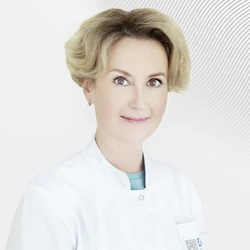Tells Olga Yatsishina,
endocrinologist, PhD
 The thyroid gland is an organ of the endocrine system that is located on the front surface of the neck. It consists of two lobes and resembles a butterfly in shape. Thyroid cells produce thyroid hormones thyroxine (T4) and triiodothyronine (T3), which are involved in almost all metabolic processes of the body.
The thyroid gland is an organ of the endocrine system that is located on the front surface of the neck. It consists of two lobes and resembles a butterfly in shape. Thyroid cells produce thyroid hormones thyroxine (T4) and triiodothyronine (T3), which are involved in almost all metabolic processes of the body.During pregnancy, hormonal changes occur in a woman's body. The thyroid gland of the expectant mother functions in an enhanced mode under the influence of a number of adaptive mechanisms aimed at increasing the amount of thyroid hormones, the need for which increases by 30-50% in the first trimester of pregnancy. In this regard, there may be a slight diffuse enlargement of the gland in size. These changes are physiological in nature and are related to the peculiarities of fetal development: the thyroid gland is laid at 4-5 weeks of intrauterine development, at 10-12 weeks it acquires the ability to accumulate iodine and synthesize hormones, and only by 16-17 weeks the formation is completed, and the thyroid gland begins to function actively. That is, during the first trimester of pregnancy, the fetal thyroid gland is still not working, and the child's development fully depends on the hormone levels of the expectant mother. Thyroid hormones play an important role in this throughout pregnancy: they stimulate the function of the corpus luteum (which is important for maintaining pregnancy in the early stages), are necessary for the normal intrauterine development of the child's central nervous system, cardiovascular and reproductive systems, musculoskeletal system, and the formation of the immune system. The central nervous system of the fetus is the most vulnerable to a lack of thyroid hormones. In children born to mothers with undiagnosed decreased thyroxine levels during pregnancy, there was a significant decrease in the index of intellectual development (IQ) and cognitive abilities. And, of course, the expectant mother herself suffers from thyroid hormone deficiency.
A condition in which there is a decrease in the secretion (production) of thyroid hormones, regardless of the specific cause, is called hypothyroidism. The clinical manifestations of hypothyroidism are very diverse, since with a deficiency of thyroid hormones, changes in the functioning of almost all organs and systems develop.
The following symptoms are characteristic: general weakness, fatigue, apathy, drowsiness, decreased attention and intelligence, forgetfulness, depression, dry thinned skin, brittle nails, hair loss, weight gain, swelling (especially of the face and shins), a tendency to low blood pressure, rare pulse, hypochromic anemia, difficult to treat with iron preparations.
Hypothyroidism can cause changes in reproductive function, manifested by various menstrual disorders and infertility. The gastrointestinal tract is disrupted, which is manifested by nausea and constipation. With hypothyroidism, all processes in the body slow down. In conditions of a lack of thyroid hormones, energy is generated with lower intensity, which leads to a decrease in body temperature. A tendency to frequent infections may also be a manifestation of hypothyroidism.
So what should I do? Specialists of the Department of Endocrinology of the European Medical Center advise to visit an endocrinologist when planning pregnancy. The doctor will prescribe the necessary examination for you, and if feeling unwell is really a sign of a decrease in thyroid function - hypothyroidism, you need to take urgent action! The only treatment for hypothyroidism is thyroid hormone replacement therapy. You will "add" a certain amount of thyroxine, "helping" the thyroid gland to work. Compensated hypothyroidism is not a contraindication for pregnancy planning. Thyroxine will need to be taken during pregnancy. In this case, the risk of complications will be minimized. Treatment and dose adjustment of the drug in the EMC are carried out under the strict supervision of an endocrinologist. Monitoring of the adequacy of therapy is assessed by the level of thyroid-stimulating hormone (TSH) and free T4, which should be examined every 8-10 weeks.
Pregnancy is an important stage in the life of every woman and family. Feel free to be attentive to yourself and your own health!
The EMC Maternity Hospital operates as part of a multidisciplinary hospital, which allows our expectant mothers to receive consultations from highly specialized specialists as soon as possible.
Was this information helpful?
Questions and answers
Ask a Question
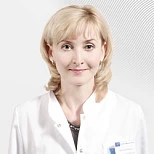





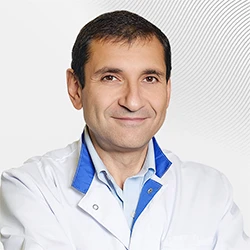

.webp)


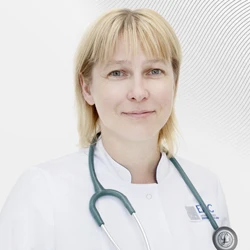
.webp)

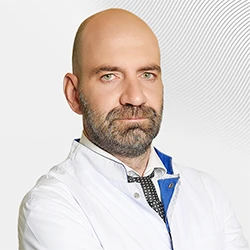
.webp)
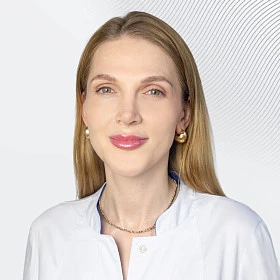
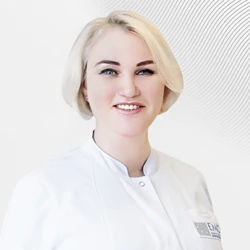
.webp)
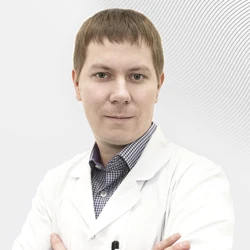
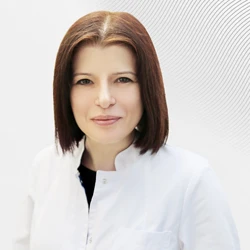
.webp)
.webp)
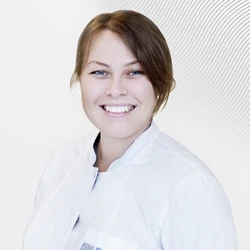
.webp)
